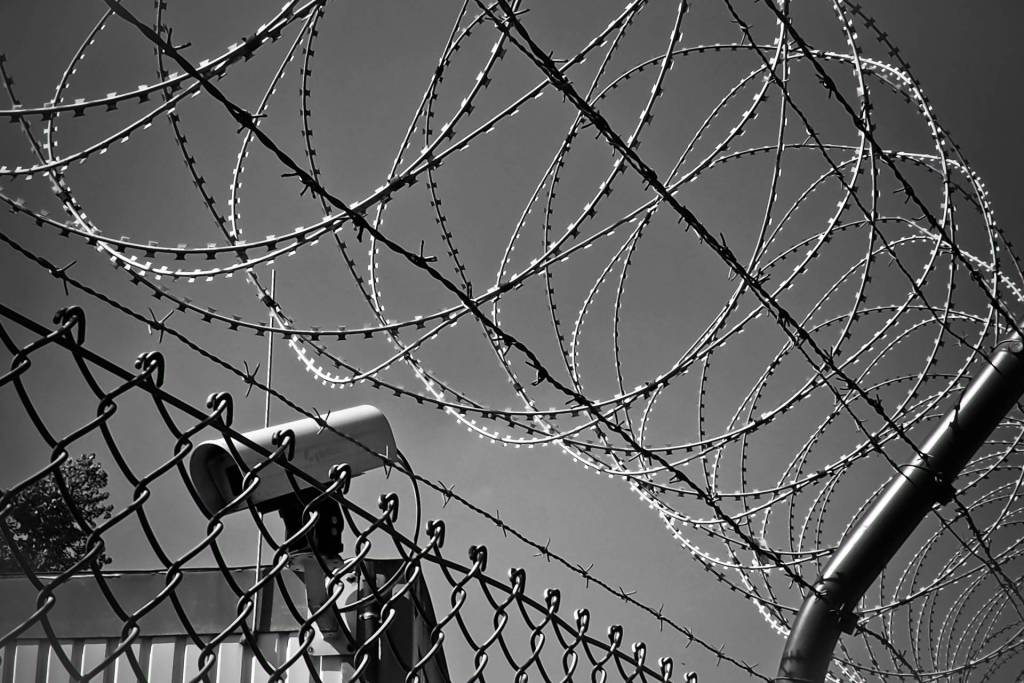Taking your business ventures on the road requires a lot of planning, but it also might mean you have to brush up on your workplace etiquette. This is especially true if you’re responsible for keeping track of and turning in an expense report at the end of your journey — you’ll want to do it right so your company will have no hesitation sending you on the road in the future.
There’s more to expense reporting than merely saving your receipts, though. The following four tips will help you to be a responsible, respectful employee on your next business trip and beyond.
1. Keep Your Receipts
Receipts are critical when it comes to expense reporting. Simply put, your boss won’t repay you for what you spend on a business trip, even if it’s a legitimate and honest request, without them.
To ensure you get your money back, keep an envelope or folder in your bag so that you can pop all of your receipts into it as soon as you get them. Having a rubber band or other charm in your wallet will help remind you to ask for receipts when you reach for your card to pay. Use a smartphone app to keep track of your expenses if you’re more comfortable going digital. Some will do the organizing and filing for you, while others scan your receipts, so they don’t get lost or damaged.
2. Take Cues from Seasoned Road Warriors
Chances are, you won’t be tackling your first road trip solo — you’ll have experienced colleagues by your side to show you the ropes. As such, you have a built-in resource to help show you how to spend.
When you’re out on your first dinner with clients, wait to order until after your coworkers do. You can get a feel for what they’re ordering — and how much their plates cost — so you can order something that’s not too expensive. Even then, try and choose something reasonable. Your boss has earned the right to an expensive lobster dinner, but you might still have a few years to work your way up to that privilege.
If you’re on your own, you can still rely on wisdom from your coworkers. Ask around and see where they like to eat when they’re in the city where you’re going. Even if you’re not in the mood for that type of cuisine, you can get an idea of what they spend on a meal.
3. Don’t Be Too Thrifty
The dinner you purchased for ten clients? The gas you bought to drive from one office to another? The daily breakfast at the hotel so you could get to work ASAP? Those high-cost expenses are worthy of repayment, and you shouldn’t worry about turning those into your boss when it comes time to collect your refund.
However, if you stop for a $2 cup of coffee on the way to the office or spend $5 on a metered parking spot, think twice before submitting these as expenses. You don’t want to look like you’re shaking the company down for all it’s worth. In general, only claim expenses you wouldn’t have incurred if you weren’t on your trip — you should cut the morning coffee habit from your list.
You should also ensure that you’re not so budget conscious that you’re mistreating the service staff who makes your trip comfortable. You should be giving the waiters at least a 15 percent tip for their service during your business dinners. On top of that, you should be properly tipping the hotel staff for their help carrying your bags, bringing you to the airport on time and valeting your car.
4. Don’t Overdo It, Either
Your company has paid for you to travel and sleep comfortably while on the road. With this as the backdrop for your business trip, it might be tempting to go all out on the meals you’re going to expense — this is a big mistake.
And it might be a mistake that’s hard to avoid when you’re surrounded by colleagues who aren’t good road role models. It’s true that some employees will live it up on the road, but it ends up costing the company money. It might cast you in an immature, greedy light in the eyes of your boss, who is ultimately the one who will be held responsible for your decisions on the road.
This isn’t to say you shouldn’t have a nice time, but be reasonable. Ordering one drink to go with dinner is the norm, but more than that is overindulgent and could veer into unprofessional territory. The same goes for appetizers and desserts — only order those if everyone’s doing the same.
Hit the Road
In the end, the best thing you can do is use your best judgment while on the road — and save the receipts that prove it. That way, your boss will see you as a responsible, reliable employee who’s more than worthy of business trip privileges, which is precisely what you want your reputation to be.












